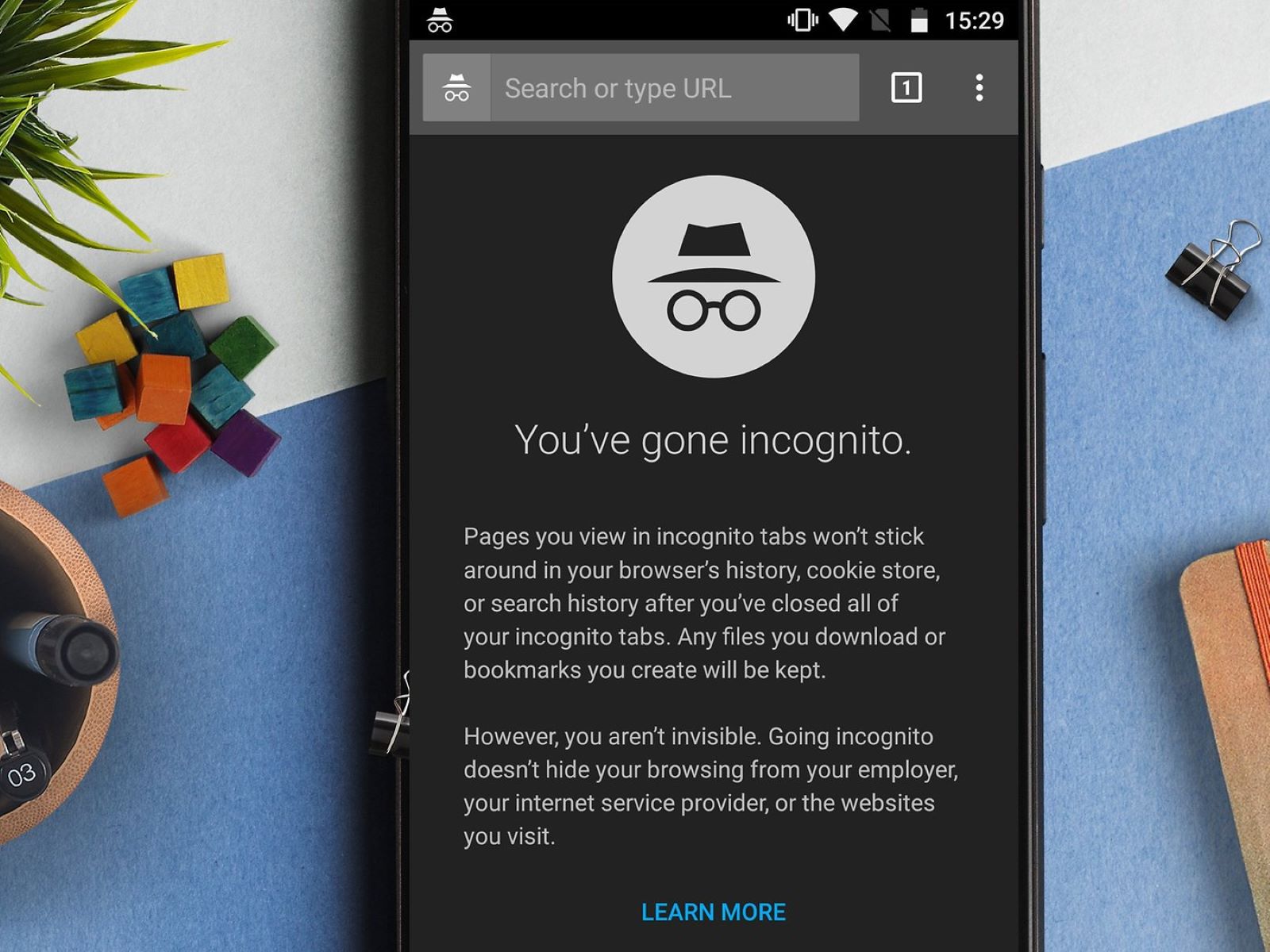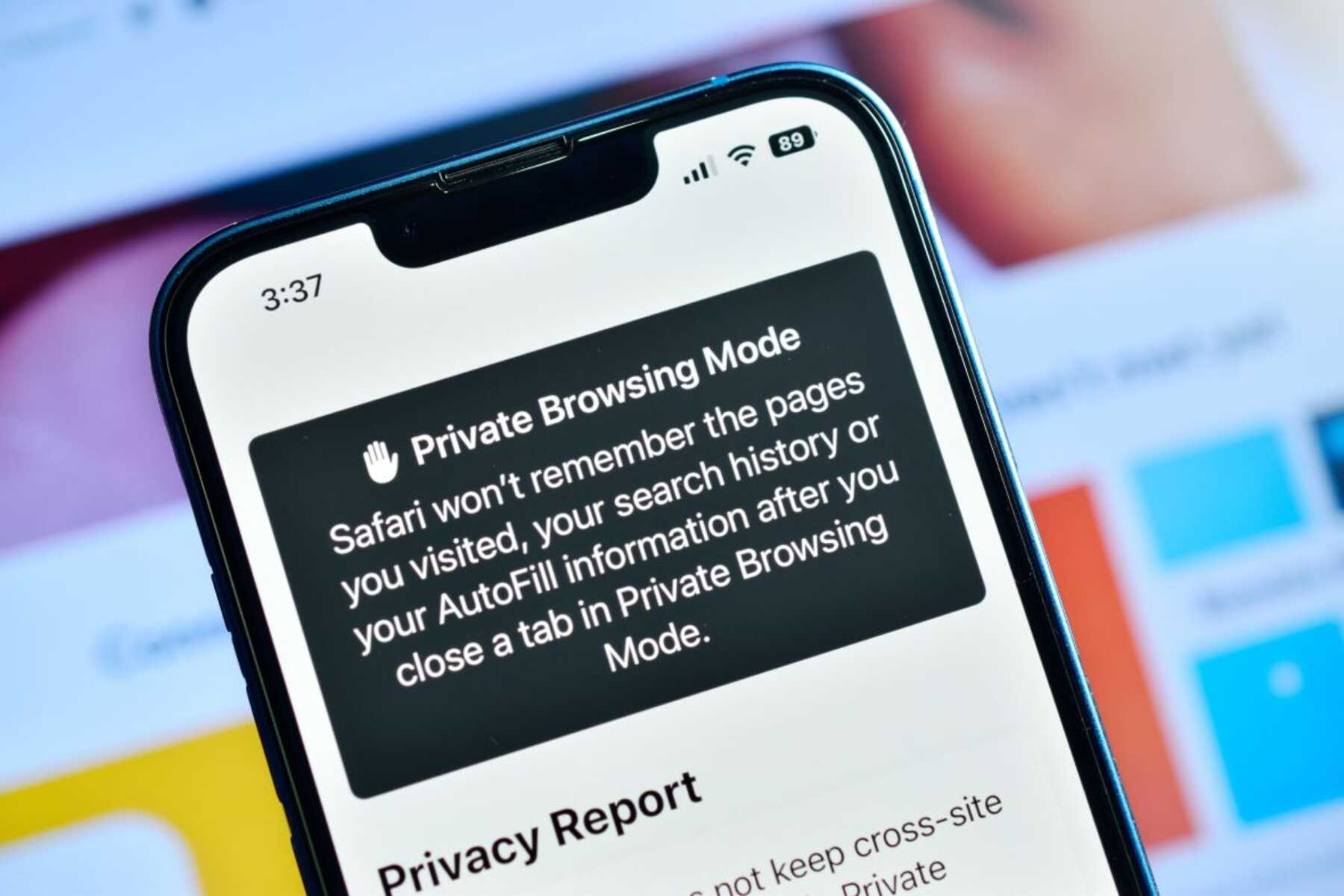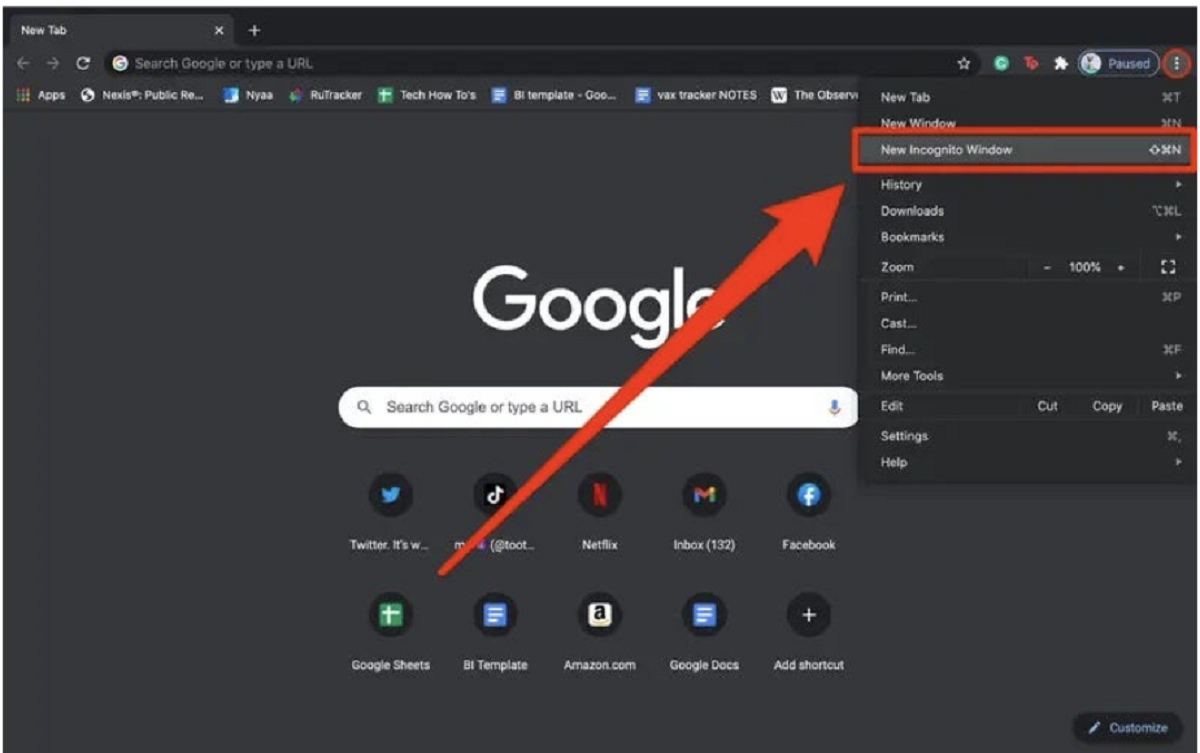Introduction
In today's digital age, our online activities are often shrouded in privacy. We rely on web browsers to safeguard our browsing history, ensuring that our online journeys remain confidential. However, there are instances when individuals may need to access private browser history, whether it's for personal reasons or investigative purposes. Understanding the methods to view private browser history is crucial, as it sheds light on the intricacies of online privacy and security.
The ability to view private browser history can be a double-edged sword. While it can provide valuable insights into an individual's online behavior, it also raises ethical and legal concerns. As such, it's essential to approach this topic with a balanced perspective, considering both the potential benefits and the associated risks.
In this article, we will delve into the nuances of private browser history, exploring the reasons why individuals may seek to access this information. We will also examine the risks and concerns associated with viewing private browser history, shedding light on the ethical and legal implications. Furthermore, we will explore the various methods and tools that can be employed to view private browser history, providing a comprehensive understanding of this complex and often contentious subject.
By gaining insights into the intricacies of private browser history, readers will be equipped with the knowledge to navigate the digital landscape responsibly and ethically. This article aims to foster a deeper understanding of online privacy and security, empowering individuals to make informed decisions regarding their digital footprint.
Understanding Private Browser History
Private browser history refers to the record of websites visited, searches conducted, and online activities performed within a web browser that is intended to remain confidential. When individuals browse the internet using private or incognito modes, their browser history is not stored locally on the device. This feature is designed to enhance privacy by preventing the accumulation of a trail of visited websites, search queries, and other online interactions.
It's important to note that private browsing modes do not offer complete anonymity. While they prevent the browser from storing local history, they do not shield users from being tracked by internet service providers, websites, or other entities. Additionally, private browsing does not prevent the storage of cookies, downloads, or bookmarks, and it does not encrypt internet traffic.
Understanding the nuances of private browser history involves recognizing the limitations of private browsing modes and the broader implications of online privacy. Individuals often utilize private browsing to conduct sensitive searches, access personal accounts on shared devices, or prevent websites from tracking their activities. However, it's essential to acknowledge that private browsing is not a foolproof method for concealing online behavior.
Moreover, the concept of private browser history intersects with broader discussions on digital privacy and data protection. As individuals navigate the digital landscape, their online activities leave behind digital footprints that can be tracked and analyzed. This raises important questions about the extent of online privacy and the measures that can be taken to safeguard personal information.
By understanding the intricacies of private browser history, individuals can make informed decisions about their online behavior and take proactive steps to protect their privacy. It also underscores the importance of using additional privacy-enhancing tools, such as virtual private networks (VPNs) and ad blockers, to mitigate online tracking and data collection.
In essence, grasping the complexities of private browser history involves recognizing the interplay between privacy features, online tracking mechanisms, and individual responsibility in managing digital footprints. This understanding forms the foundation for exploring the ethical and practical considerations surrounding the viewing of private browser history.
Risks and Concerns
The prospect of viewing private browser history raises a myriad of risks and concerns that extend beyond the realm of digital privacy. It is imperative to acknowledge the ethical, legal, and interpersonal implications associated with accessing someone else's private browsing data.
Ethical Considerations
From an ethical standpoint, viewing private browser history without explicit consent raises significant moral dilemmas. It encroaches upon an individual's right to privacy and autonomy, potentially infringing on their personal boundaries. The act of accessing private browsing data without authorization can erode trust and violate the fundamental principles of respect and confidentiality.
Furthermore, the information contained within private browser history is often considered sensitive and personal. It may encompass a wide range of online activities, including web searches, visited websites, and interactions on social platforms. Delving into this private domain without proper justification or consent can lead to ethical transgressions and undermine the principles of digital ethics and respect for individual privacy.
Legal Implications
In a legal context, the unauthorized viewing of private browser history may contravene data protection laws and regulations. Many jurisdictions have stringent laws governing the collection, storage, and access to personal data, including online activities. Unauthorized access to private browsing data can potentially violate these legal frameworks, leading to legal repercussions and liabilities for the individuals involved.
Moreover, the act of viewing private browser history without consent may constitute an invasion of privacy, a legal concept that is enshrined in various legal systems worldwide. The unauthorized intrusion into someone's private online activities can be subject to legal scrutiny and may result in civil or criminal liabilities, depending on the specific circumstances and applicable laws.
Interpersonal Trust and Relationships
Beyond the ethical and legal dimensions, the act of viewing private browser history can have profound implications for interpersonal trust and relationships. In personal or professional contexts, accessing someone's private browsing data without permission can lead to breaches of trust and strained relationships. It can engender feelings of betrayal and violation of personal boundaries, potentially causing irreparable harm to the trust dynamics within relationships.
Moreover, the repercussions of unauthorized access to private browsing data can extend to broader social and professional ramifications. It can damage reputations, undermine professional credibility, and lead to interpersonal conflicts, thereby highlighting the far-reaching consequences of breaching the privacy of others.
In essence, the risks and concerns associated with viewing private browser history encompass ethical, legal, and interpersonal dimensions, underscoring the need for responsible and ethical conduct in navigating the complexities of digital privacy and data access. It is essential to approach this issue with sensitivity and respect for individual privacy rights, recognizing the potential impact on trust, relationships, and legal compliance.
Methods to View Private Browser History
Accessing private browser history, whether for legitimate reasons or investigative purposes, involves a nuanced understanding of the available methods and tools. It is essential to approach this topic with a balanced perspective, considering both the potential benefits and the associated risks. While the act of viewing private browser history raises ethical and legal concerns, it is important to explore the various methods that individuals may employ to access this information.
-
Local Device Access: One method to view private browser history involves accessing the browsing data stored locally on the device. This may entail examining the browsing history files or databases within the file system of the device. Individuals with physical access to the device may attempt to retrieve browsing history data from the browser's cache or temporary files. However, it is crucial to note that modern browsers employ encryption and other security measures to protect browsing data, making direct access more challenging.
-
Forensic Software and Tools: Forensic software and tools designed for digital investigations may offer capabilities to recover and analyze private browsing history. These tools are often utilized by law enforcement agencies, digital forensics professionals, and cybersecurity experts to extract and examine browsing data from devices. They employ advanced techniques to recover deleted or obscured browsing history, providing insights into an individual's online activities.
-
Network Monitoring and Logging: In certain environments, such as corporate networks or educational institutions, network administrators may implement monitoring and logging systems to track internet usage. These systems can capture browsing history and internet activities, providing administrators with visibility into users' online behavior. While this method is not applicable to personal devices, it highlights the broader context of network-based monitoring as a means to access browsing history.
-
Legal and Authorized Access: In scenarios where legal authorization or explicit consent is obtained, accessing private browser history may be conducted through lawful means. This could involve court-issued warrants, consented monitoring in organizational settings, or other lawful mechanisms that adhere to data protection regulations and privacy laws. It is imperative to emphasize the importance of legal compliance and ethical considerations when seeking authorized access to private browsing data.
-
Cloud-Based Data and Synchronization: With the increasing prevalence of cloud-based services and browser synchronization features, browsing history and data may be stored and accessible through cloud platforms. Individuals with authorized access to cloud accounts or synchronization services may be able to retrieve browsing history data from cloud storage, providing an alternative avenue to view private browser history.
In exploring these methods, it is crucial to underscore the ethical and legal considerations surrounding the viewing of private browser history. Responsible and ethical conduct, coupled with a deep understanding of privacy rights and legal frameworks, is paramount when navigating the complexities of accessing private browsing data. It is imperative to approach this subject with sensitivity and respect for individual privacy, recognizing the potential impact on trust, relationships, and legal compliance.
Conclusion
In conclusion, the exploration of private browser history unveils a complex landscape encompassing digital privacy, ethical considerations, legal implications, and interpersonal trust. The ability to view private browser history presents both potential benefits and inherent risks, necessitating a balanced and nuanced approach to this contentious subject.
Understanding the nuances of private browser history is pivotal in fostering a culture of responsible digital conduct. It underscores the importance of recognizing the limitations of private browsing modes and the broader implications of online privacy. Individuals must be empowered with the knowledge to make informed decisions about their online behavior, taking proactive steps to protect their privacy while respecting the privacy of others.
The risks and concerns associated with viewing private browser history extend beyond the realm of digital privacy, encompassing ethical, legal, and interpersonal dimensions. Ethically, the act of accessing private browsing data without consent raises significant moral dilemmas, encroaching upon an individual's right to privacy and autonomy. From a legal standpoint, unauthorized access to private browsing data may contravene data protection laws and regulations, potentially leading to legal repercussions and liabilities. Moreover, the interpersonal trust and relationships can be profoundly impacted, highlighting the far-reaching consequences of breaching the privacy of others.
The methods to view private browser history, ranging from local device access to forensic software and tools, underscore the technical complexities and ethical considerations involved in accessing browsing data. It is imperative to approach this subject with sensitivity and respect for individual privacy rights, recognizing the potential impact on trust, relationships, and legal compliance.
Ultimately, the viewing of private browser history necessitates a conscientious and ethical approach, grounded in a deep understanding of digital ethics, privacy rights, and legal frameworks. It is incumbent upon individuals to navigate the complexities of digital privacy with integrity and respect, upholding the principles of ethical conduct and responsible digital citizenship.
By fostering a culture of digital responsibility and ethical awareness, individuals can contribute to a more conscientious and respectful digital ecosystem, where privacy rights are upheld, and trust is preserved. As technology continues to evolve, the ethical considerations surrounding private browser history will remain paramount, shaping the ethical and legal discourse in the digital age.

























